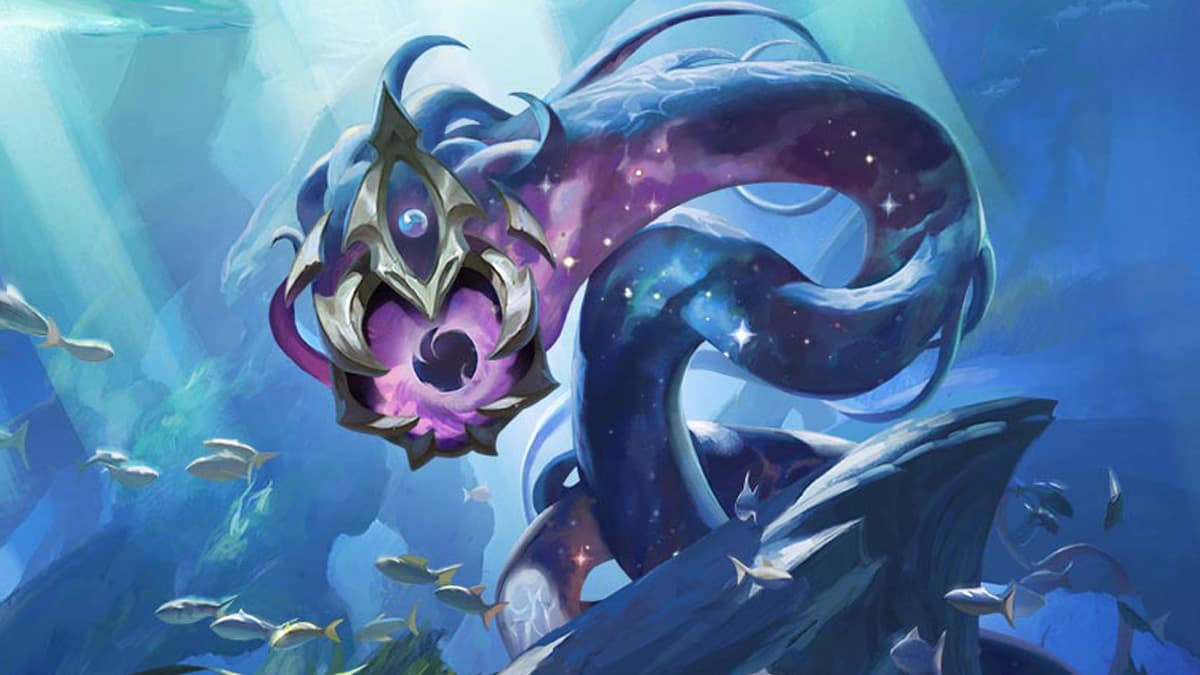
Nest

Tales
December 12th, 2024
Reading time
392 AC
I let my doll take a sip of Arcolano Milk, feeling the liquid glide down her esophagus as if it were my own. Her taste buds are bathed in these flavors—now familiar, yet still intoxicating—and her head begins to hum, like bubbles rising in harmony with my cervical ganglia. I permit her to open her eyes and allow her to focus all her attention on their surface, transforming them into receptacles for the new sensations the drink provides. Slowly, her Irises ignite, filtering her senses to accommodate her newfound extrasensory state—one I share without her consent.
However, I deny her the pleasure of lingering in the experience. Like a mentalist, I send her into slumber with a simple impulse, imbuing her with my will as if she were no more than a rag doll. I feel her consciousness sink into the well I’ve shaped for her as I take her place within the crucible of her cognition.
I begin by unfurling my psychic lashes into her brain, accessing her memories and unique mannerisms. I feel the neural connections form, and as I manipulate them, threads weave between our beings, our nervous systems—threads I will use to make her my puppet.
I crush the cardboard carton and let it fall onto the dock, a milky residue dripping onto her/my fingers. I struggled initially to adapt to the complexity of human perception compared to the simplicity of my own. My existence was once centered solely on survival—moving, consuming. Their senses, however, are far more delicate and intricate. First came smell and taste, which my amphids had difficulty processing. Then came sight, hearing, touch, and proprioception—stimuli far beyond the capacity of my simple chemoreceptors. My nerve ring took over, decoding this new influx of information. With these additional data points, I was forced to evolve my cognition.
![]()
I had to hide to feed and digest, altering my predatory habits. I had to refine my mimicry to avoid detection. My perception of the world—and the world itself—grew more complex. Yet my driving force remained unchanged: to consume, to devour endlessly. Hunger, insatiable and relentless, dictated my every action.
Thus, it is only natural that my olfactory sensors are the first to awaken as I take her place. Her palate responds in turn, salivating. For a moment, I consider foraging in the Empyrean for sustenance, but the observation deck of the Ouroboros is too crowded. The awning rustles overhead, long banners and koinobori snapping in the wind. Laughter and improvised music echo in the stillness of the night.
I gaze out over the dark horizon, beyond the Tilted Steppes. Most stars are veiled by the moonlight and trailing skies, their wispy clouds translucent and frayed. But it is the Tumult that captivates me—the shimmering churn, its languid eruptions, its muted undulations like blooming narcissus. Out there, in the depths of the Tumult, the world is chaos and discord. Yet to me, it is not a cause for alarm but an open buffet.
The Tumult can wait. Meteorologists predict a calm stretch beyond Caer Oorun, and the Admiralty has decided not to take risks. At dawn, the Expeditionary Corps will set course northwest toward the supposed City of Scholars. A prudent decision, it seems, one dictated by caution. Like the Tumult Nomads, we will skirt the zones of disturbance, slipping between the cracks.
The goal, reportedly, is to reach another Oasis, identified 150 miles away by the aruspices. I long to face the true Tumult and its fury. Caer Oorun was but an insipid foretaste. Sheltered under Asgartha’s shadow, the Province had remained relatively unscathed despite centuries of neglect.
We have ten weeks to reach the supposed Oasis—a sufficient timeframe even for the Expeditionary Corps. Unless, of course, the destination proves to be a mirage. Ten weeks to carve a path, with the Exalts leading the charge.
Lindiwe’s stomach growls—the hunger, again. The prospect of solitude, where I can indulge my ravenous cravings freely, whets my appetite. What humans call Mana and Aether… I could end this imposed fast, devouring them as though they were candies and delicacies. Yet I know—this sustenance offers little substance. No matter how much I consume, true satiety never comes. The relief is fleeting at best.
Nearby, a human representative of one of the Axiom Exalts sits cross-legged among a group of children. She retrieves a few puppets from her bag, likely preparing a show to entertain them. I make Lindiwe turn away, shielding her from an unpleasant parody of her condition. Though, in truth, we are all slaves to something: I, to my hunger; she, to my will. But there is more to my disdain. I abhor how children are so easily ensnared by counterfeit versions of truths they cannot comprehend.
Climbing the stairs to my lair, I recall my encounter with the Muna naturalist. I had the distinct impression she had glimpsed an aspect of my true nature. Though she said nothing, her silence did not equate to safety. Caution remains imperative.
My mission depends on it. Its clarity and urgency are undeniable.
I do not know if others like me have survived or awakened from their millennia-long slumber. I am eager to find out.
In her mental prison, Lindiwe stirs suddenly. I tighten my hold, coiling around her like a rope, a boa, a thicket of thorns. With a single neural impulse, I push her deeper into the darkness, silencing her as a cuckoo claims its place in another’s nest. I check every lock I’ve installed, ensuring she cannot call for help or reveal the true nature of our bond. She is at my mercy, her mind entirely bound by my psychic restraints. And in the mirrors between her temples, only the faint memory of freedom lingers like a distant dream.